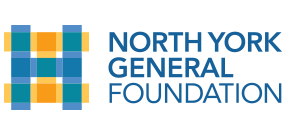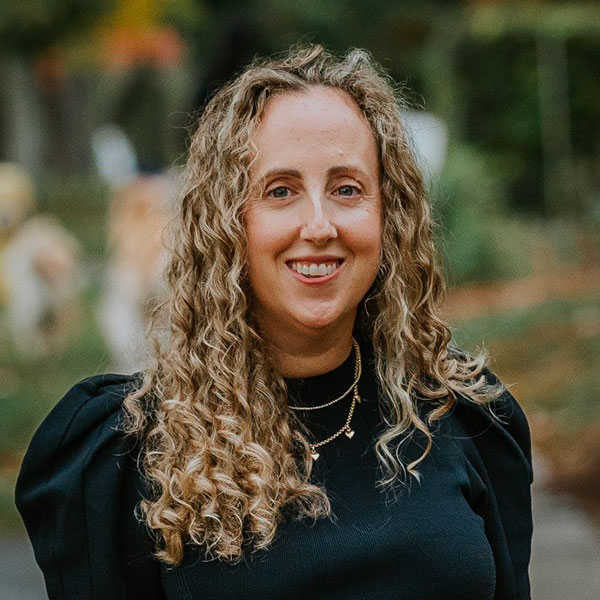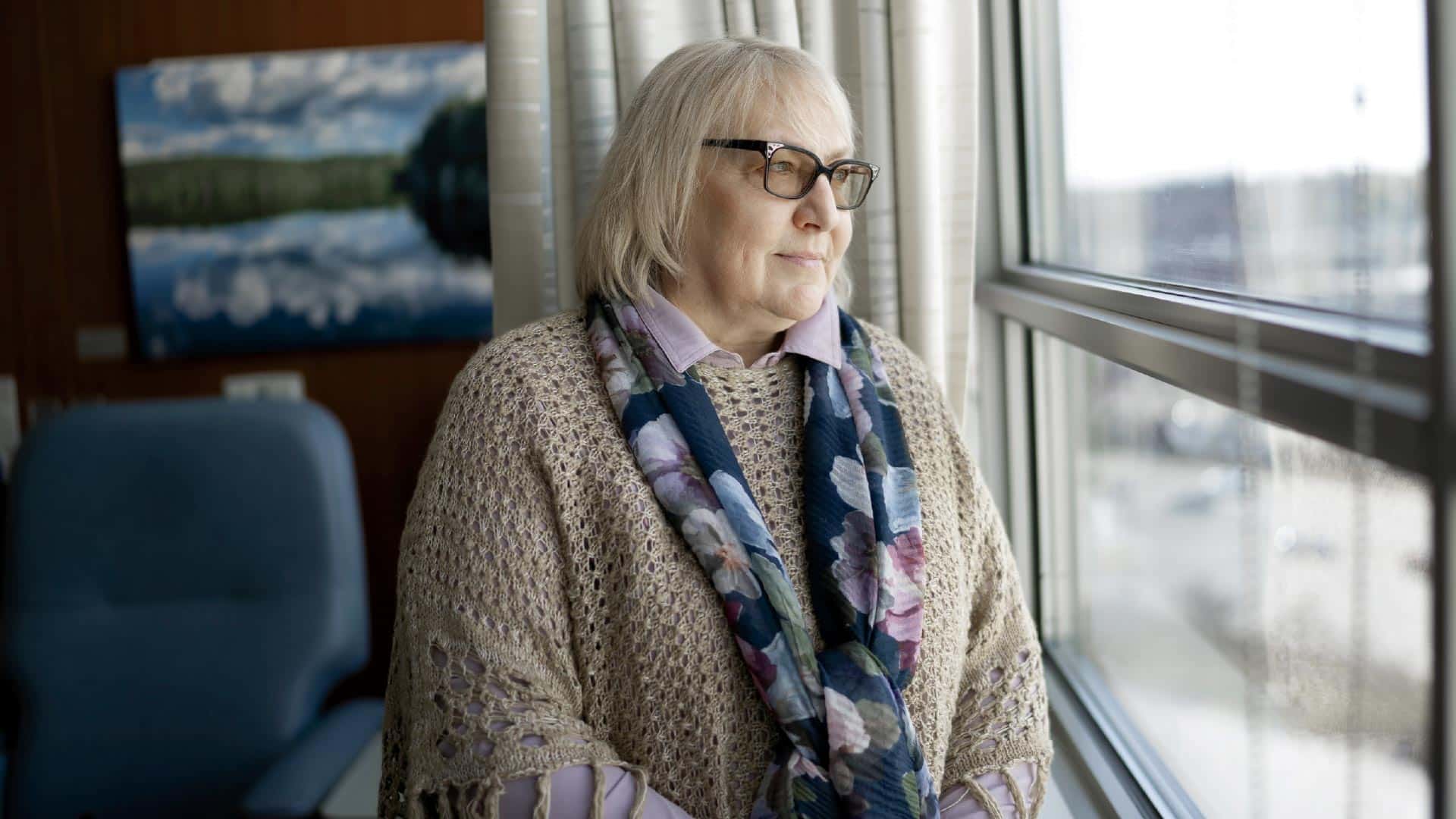Q. Rebecca, what would you say is the most common question you’re asked with regards to planned giving?
A: When I talk to clients about whether there are any charities that they want to benefit as part of their estate plan, the question that comes up the most is, “do other people do it?” While the answer is both yes and no, I do assure them that there are many options for how to leave money to a charity in a tax-effective way upon their passing, all of which can be discussed with your lawyer or advisor.
Q: Is it safe to say that mostly wealthy people and celebrities include gifts in wills to charities?
In my experience, there is little to no correlation between asset levels and the desire to include charitable giving as part of one’s estate plan. It is certainly not something that only wealthy people think about. Typically, I find that charitable giving is most important to clients who have organizations that are important to them during their lifetime. Often clients feel that they wish they could give more to that charity while living, but don’t have the liquidity to do so.
Q. What are some lesser-known reasons that prompt people to leave a gift in their will to a charity or organization?
Many clients also feel that they want to teach their children about the importance of charitable giving through their estate. Because of the rising costs of living, younger generations struggle more with making regular charitable contributions. Gifting part of your estate to charity is a good way to impart to your children or beneficiaries that giving should, to the extent possible, to be an essential part of their financial planning. Charitable giving through your estate is a wonderful way to ensure a charitable legacy and to teach your beneficiaries about the importance of giving.




